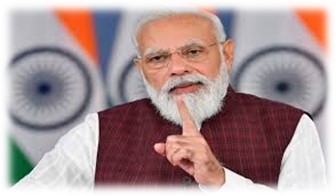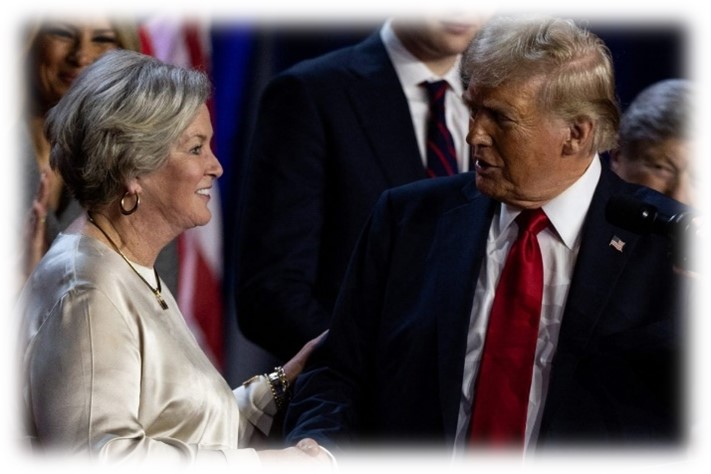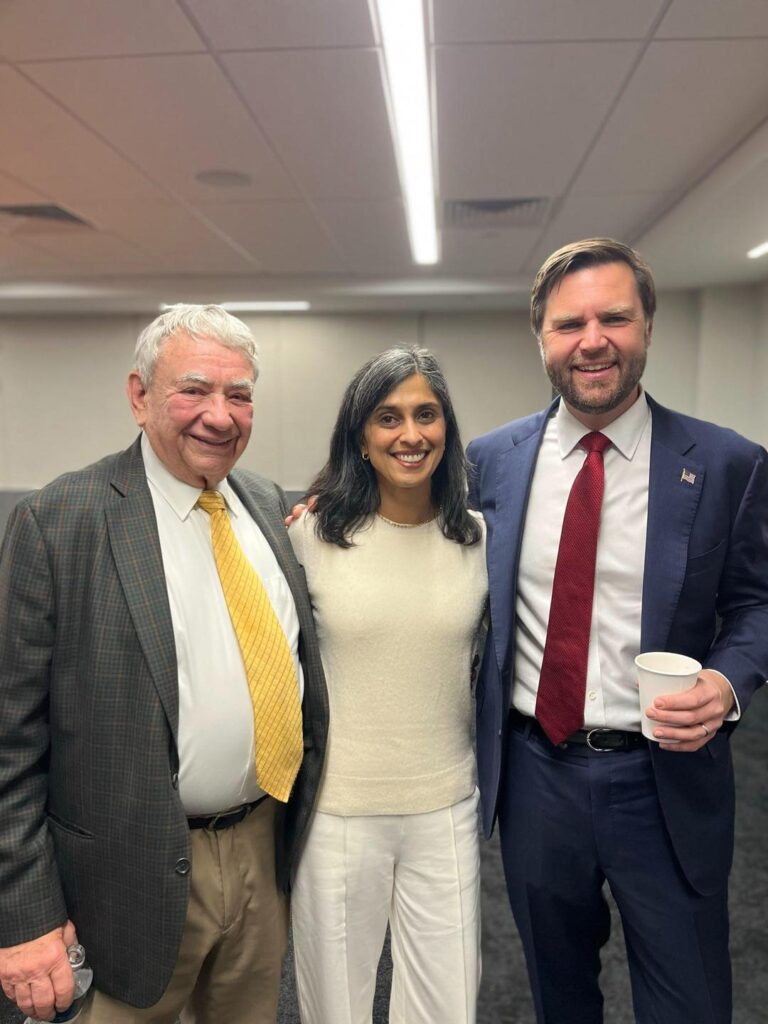Shri Narendra Modi won the battle for third time and became India’s Prime minister again in 9th June 2024.On 7th October he has completed his 23 years of journey in Government. This year he makes many efforts in conservation, business and international relationships
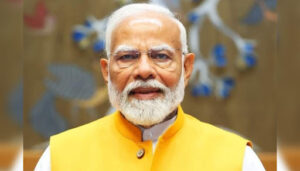
In 2024 elections, voter again show their faith in Shri Modi’s leadership by giving maximum number of votes to him. Modi’s initiatives in social welfare, national security, and economic growth struck a chord with many citizens.
History
Shri Modi has previously served as the Prime Minister of India from 2014 to 2019, and from 2019 to 2024. With his tenure from October 2001 to May 2014, he also holds the record for being Gujarat’s longest-serving chief minister. He guided the Bharatiya Janata Party to historic victories in the 2014 and 2019 parliamentary elections, securing absolute majority in both cases. The last time that a political party secured such an absolute majority was in the elections of 1984.
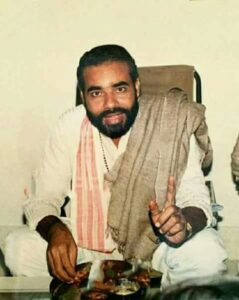
Meetings,2024
Throughout 2024, Prime Minister Narendra Modi defended India’s economic, diplomatic, and environmental concerns at a number of high-profile international gatherings. The following were some of the most significant meetings
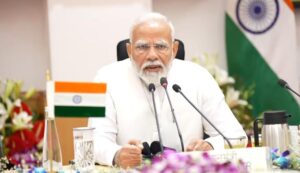
- World Government Summit (14th February 2024) – It held in Dubai. PM Modi spoke as the main speaker at the event. His speech covered India’s governance strategy and digital transformation. He spoke about climate change and inclusivity while promoting his “Mission LiFE” project, emphasizing “Minimum Government, Maximum Governance.” Additionally, Modi emphasized how governments may enhance environmental sustainability, business easiness, and quality of life.
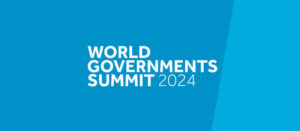
- Vibrant Gujarat Global Summit (10th-12th January 2024) –Prime Minister Narendra Modi inaugurated the 10th Vibrant Gujarat Global Summit in Gandhinagar. UAE President Sheikh Mohammed bin Zayed was the main guest at this summit, signifying the political and commercial ties between India and the UAE. Modi made use of the occasion to emphasize trade prospects, highlight India’s economic expansion, and position Gujarat as a destination for foreign investment.

- COP28 (2024 United Nations Climate Change Conference) – As a leading participant, Modi underscored India’s commitment to becoming carbon neutral by 2070. He shared insights on India’s green energy transition and advocated for collective global efforts on climate action, especially for the Global South.
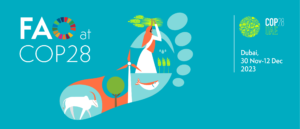
- BRICS Summit – At the 16th BRICS Summit in Kazan, Russian President Vladimir Putin and Prime Minister Narendra Modi met. Modi extended an invitation to Putin to attend the 23rd India-Russia Annual Summit in India the following year. The two leaders talked about collaboration in a number of areas, such as politics, economy, defence, energy, and people-to-people relations.
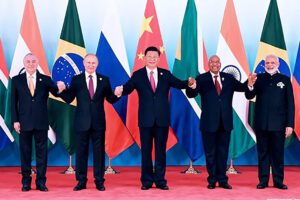
- East Asia Summit (11th Oct, 2024) – Attended by leaders across the Asia-Pacific, this summit focused on regional security and economic issues. Modi emphasized on ASEAN’s central role in the Indo-Pacific regional architecture, in India’s Indo-Pacific Vision and in Quad cooperation. He underlined that India’s participation in East Asia Summit was an important pillar of its Act East Policy.
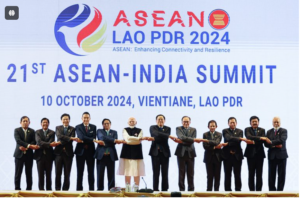
- G20 Legacy and Global South Forums – Although India’s G20 presidency concluded in 2023, Modi continued advocating for the Global South’s representation and reform of multilateral institutions, pushing for equitable development for emerging economies in several international forums.
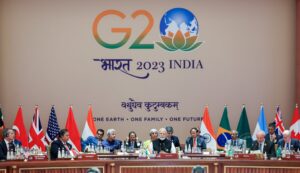
List of Modi Government Schemes in India 2024
- Pradhan Mantri Jan Dhan Yojana (PMJDY)
- Pradhan Mantri Jeevan Jyoti Bima Yojana (PMJJBY)
- Pradhan Mantri Suraksha Bima Yojana (PMSBY)
- Ayushman Bharat Yojana (ABY)
- Pradhan Mantri Awas Yojana (PMAY)
- Atal Pension Yojana (APY)
- Beti Bachao, Beti Padhao Yojana
- Digital India Programme
- Swachh Bharat Abhiyan
- Make in India Programme
- National Rural Livelihood Mission (NRLM)
- Skill India Mission
- Start-up India Programme
- Pradhan Mantri Fasal Bima Yojana (PMFBY)
- National Health Protection Scheme (NHPS)
- Pradhan Mantri Mudra Yojana (PMMY)
- Smart Cities Mission
- Udaan Scheme
- Rashtriya Swasthya Bima Yojana (RSBY)
Modi Government Remarkable Initiatives for recent and future development
PM Surya Ghar – Muft Bijli Yojana
On February 29, 2024, the Indian government authorized the PM Surya Ghar: Muft Bijli Yojana, which aims to empower residential homes to produce their own electricity and raise the percentage of solar rooftop capacity. The plan will be implemented until FY 2026–2027 and has an expenditure of Rs 75,021 crore.
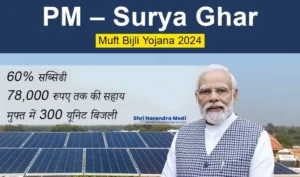
State Implementation Agencies (SIAs) at the state level and a National Program Implementation Agency (NPIA) at the federal level to carry out the plan. At the State/UT level, the State Implementation Agencies (SIA) will be the Distribution Utility (DISCOMs or Power/Energy Departments, as applicable). c) In accordance with the plan, the DISCOMs must implement a number of supportive initiatives to encourage rooftop solar in their respective
PM Electric Drive Revolution in Innovative Vehicle Enhancement (PM E-DRIVE)
On September 29, 2024, the Ministry of Heavy Industry, Government of India, announced the PM Electric Drive Revolution in Innovative Vehicle Enhancement (PM E-DRIVE) Scheme through Gazette notification S.O. 4259 (E), with the consent of the Union Cabinet, which is led by Hon.

Prime Minister Shri Narender Modi. The plan will go into effect on October 1, 2024, and last until March 31, 2026. Additionally, EMPS-2024, the quantity of vehicles, and the costs associated with EMPS-2024 for e-2w and e-3w that are being implemented between April 1, 2024, and September 30, 2024, are being absorbed under the PM Electric Drive Revolution in Innovative Vehicle Enhancement (PM E-DRIVE) Scheme; as a result, the scheme will be in effect for two years.
NIPUN Bharat
National Initiative for Proficiency in Reading with Understanding and Numeracy. As per National Education Policy 2020, the highest priority of the education system will be to achieve universal foundational literacy and numeracy in primary school. It should cover the learning needs of children in the age group of 3 to 9 years by 2025.

The rest of this Policy will become relevant for our students only if this most basic learning requirement (i.e., reading, writing, and arithmetic at the foundational level) is first achieved. To this end, a National Mission on Foundational Literacy and Numeracy will be set up by the Ministry of Education on priority. Accordingly, all State/UT governments will immediately prepare an implementation plan for attaining universal foundational literacy and numeracy in all primary schools, identifying stage-wise targets and goals to be achieved by 2025, and closely tracking and monitoring progress of the same.
Chalo India initiative
In response to the Hon’ble Prime Minister’s appeal for members of the Indian diaspora to invite five non-Indian friends to visit India, the Ministry of Tourism, Government of India, has launched the Chalo India initiative.
This initiative aims to empower diaspora members to serve as ambassadors for Incredible India, playing a crucial role in boosting tourism and enhancing cultural awareness.
Ayushman Bharat Pradhan Mantri Jan Arogya Yojana (AB PM-JAY)
On September 11, 2024, the Union Cabinet made a historic decision by approving a large extension of the Ayushman Bharat Pradhan Mantri Jan Arogya Yojana (AB PM-JAY). Regardless of their financial situation, all senior persons 70 years of age and above will be covered by health insurance under this ruling.

Approximately 4.5 crore people, including 6 crore senior persons, will benefit from this extension by receiving free health insurance coverage up to Rs 5 lakh per family. Regardless of their socioeconomic background, all senior citizens in this age range will be able to benefit from the program with this clearance.
Pradhan Mantri Janjati Adivasi Nyaya Maha Abhiyan (PM-JANMAN)
2011 census revealed that 10.45 crore people in India are Scheduled Tribes (STs), while 75 communities in 18 states and the Union Territory of Andaman and Nicobar Islands were designated as Particularly Vulnerable Tribal Groups (PVTGs). These PVTGs nevertheless face vulnerabilities in the areas of education, the economy, and society. A Pradhan Mantri PVTGs Development Mission will be established to improve the socioeconomic circumstances of Particularly Vulnerable Tribal Groups, according to the Budget Speech for 2023–2024.
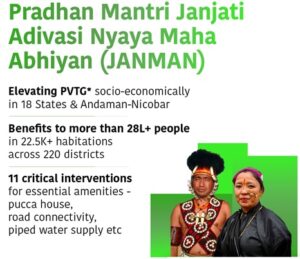
The goal of this effort is to give PVTG households and ecosystems access to basic utilities such safe housing, clean drinking water, sanitation, better access to health, education, and nutrition, as well as improved road and telecom connectivity and sustainable livelihood options. A sum of Rs. 15,000 crores have been allocated.
